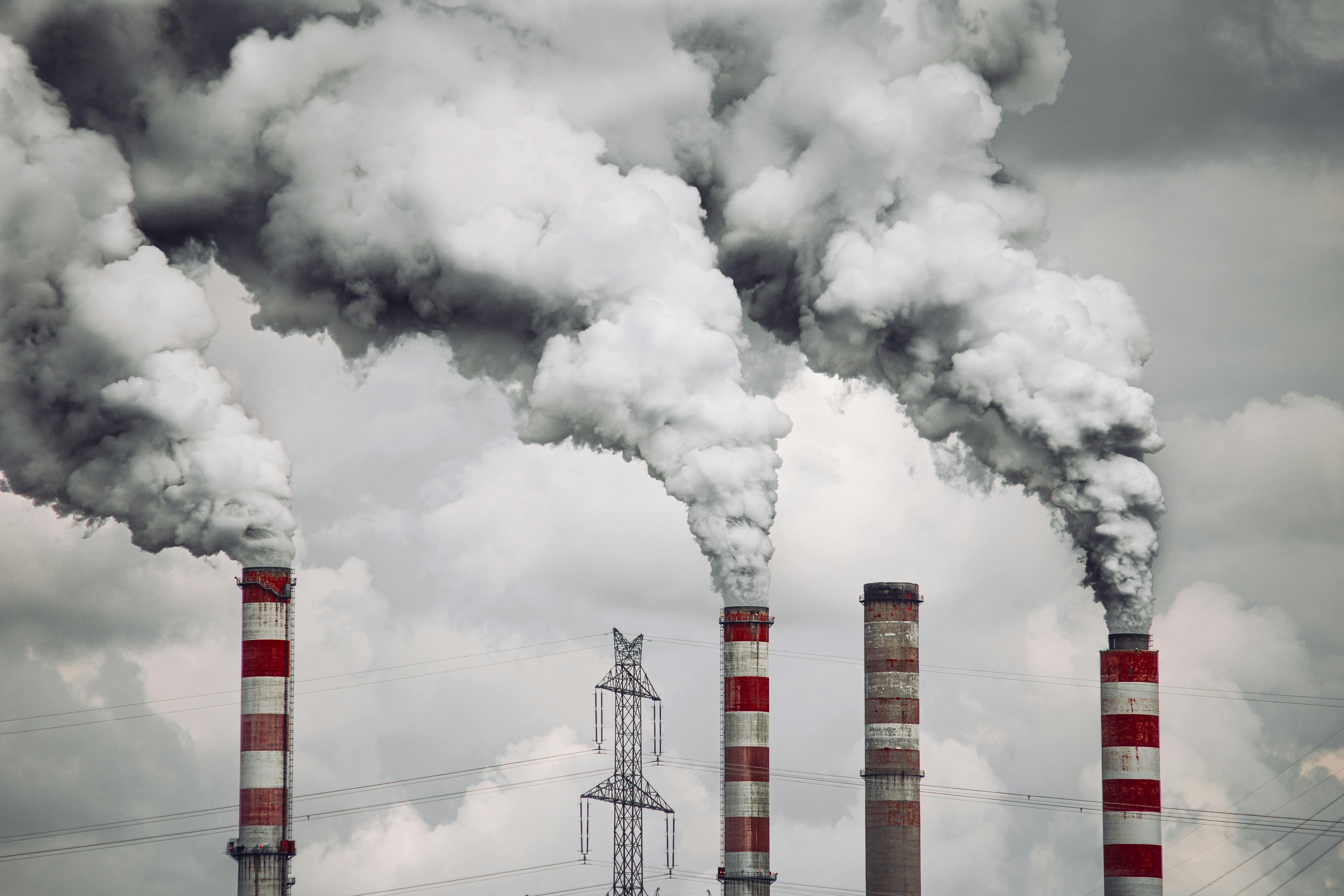The Global Energy Crisis and Transition in 2025
In 2025, the global energy landscape faces unprecedented challenges as rising demand, geopolitical tensions, and climate imperatives converge. Energy security has become a central concern for nations worldwide, affecting economic stability, international relations, and technological development. With fossil fuel reliance, renewable energy adoption, and technological innovation shaping the market, the world is navigating a complex transition toward sustainable and resilient energy systems.
Rising Demand and Supply Constraints
The crisis is fueled by several factors. Global energy demand continues to increase, driven by population growth, industrial expansion, and urbanization. At the same time, supply constraints—exacerbated by political conflicts, trade restrictions, and environmental regulations—have created volatility in energy prices. Countries heavily reliant on imports are particularly vulnerable, prompting strategies to diversify energy sources and enhance domestic production.
Fossil Fuels and Market Volatility
Fossil fuels remain a significant component of the global energy mix. Oil, natural gas, and coal are subject to supply chain fluctuations, geopolitical risks, and environmental pressures. Conflicts in key production regions, sanctions, and logistical disruptions have highlighted the fragility of global energy supply. Price spikes in oil and natural gas markets have ripple effects across industries, transportation, and consumer costs, amplifying economic uncertainty.
Acceleration of Renewable Energy Adoption
Renewable energy adoption is accelerating as countries seek long-term energy security and environmental compliance. Solar, wind, hydroelectric, and geothermal energy sources are increasingly integrated into national grids. Governments are investing in large-scale projects, incentivizing private sector participation, and implementing policies that prioritize sustainability. Innovations in energy storage, grid management, and efficiency optimization are critical to overcoming the intermittent nature of renewables.
Technological Advancements in Energy Management
Technological advancements play a pivotal role in addressing the energy crisis. AI-powered predictive analytics optimize energy production, distribution, and consumption. Smart grids enable real-time monitoring, load balancing, and demand response, improving resilience and reducing waste. Energy-efficient technologies in industry, construction, and transportation are reducing overall consumption while supporting sustainable growth.
Geopolitical Dynamics and Resource Competition
Geopolitical dynamics significantly influence energy markets. Strategic alliances, trade agreements, and sanctions shape access to resources and investment flows. Nations with abundant renewable or fossil fuel reserves are leveraging their assets to negotiate favorable international terms. Competition for critical minerals used in renewable energy technologies, such as lithium, cobalt, and rare earth elements, adds complexity to global relations.
Economic Implications of Energy Volatility
Economic implications are profound. Energy price volatility affects inflation, production costs, and trade balances. Emerging economies are particularly vulnerable, as high energy costs can slow development and exacerbate social inequality. Conversely, investment in renewable infrastructure, clean technology, and energy efficiency presents opportunities for economic growth, job creation, and technological leadership.
Social and Environmental Dimensions
The social dimension is increasingly relevant. Public awareness of climate change and energy security has influenced policy decisions and consumer behavior. Energy conservation, adoption of electric vehicles, and demand for clean electricity reflect a societal shift toward sustainability. Governments are responding with public awareness campaigns, incentives, and regulations to promote environmentally responsible practices.
Global Collaboration and Policy Initiatives
Global collaboration is essential. International organizations, multilateral initiatives, and bilateral agreements facilitate knowledge sharing, investment, and coordinated responses to energy challenges. The Paris Agreement, climate financing programs, and renewable energy consortiums exemplify efforts to align national strategies with global sustainability objectives. Cooperative innovation in grid technology, storage solutions, and renewable deployment is critical to managing global energy transitions.
Challenges in Balancing Sustainability and Growth
Challenges persist in balancing energy demand, economic growth, and environmental sustainability. Fossil fuel dependency, infrastructure limitations, and political instability continue to pose risks. Energy equity is a growing concern, as access to reliable, affordable energy remains uneven across regions. Nations must navigate these complexities to ensure both development and environmental protection.
Outlook for Global Energy Transition
Looking ahead, 2025 marks a pivotal year in energy transition. Governments, businesses, and innovators must collaborate to address immediate shortages, build resilient systems, and accelerate renewable adoption. Policy innovation, technological advancement, and international cooperation will determine the trajectory of global energy security and sustainability, shaping economic, environmental, and geopolitical outcomes for decades to come.
FAQs
What factors are driving the 2025 energy crisis?
Rising global demand, geopolitical tensions, supply chain disruptions, and fossil fuel dependency are key factors.
How are countries addressing energy security?
Through renewable adoption, domestic production, energy diversification, smart grids, and policy incentives.
What role does technology play in energy transition?
AI analytics, smart grids, and energy-efficient solutions optimize production, distribution, and consumption.
How does the energy crisis affect global economies?
Volatility impacts inflation, production costs, trade balances, and investment flows, particularly in emerging economies.
Why is international collaboration important?
Cooperation ensures knowledge sharing, coordinated investment, and alignment with sustainability objectives.
Conclusion
The global energy crisis of 2025 underscores the urgent need for innovation, sustainability, and international cooperation. As nations balance demand, supply, and environmental responsibility, technology and renewable energy adoption provide pathways to stability. Geopolitical strategy, economic planning, and societal engagement will shape the global energy landscape, ensuring resilience and sustainability for the future. The world stands at a crossroads, where decisive action today will define energy security, economic growth, and environmental stewardship for decades.















